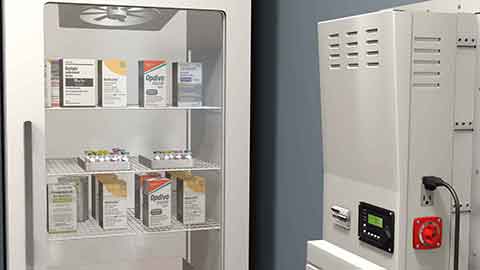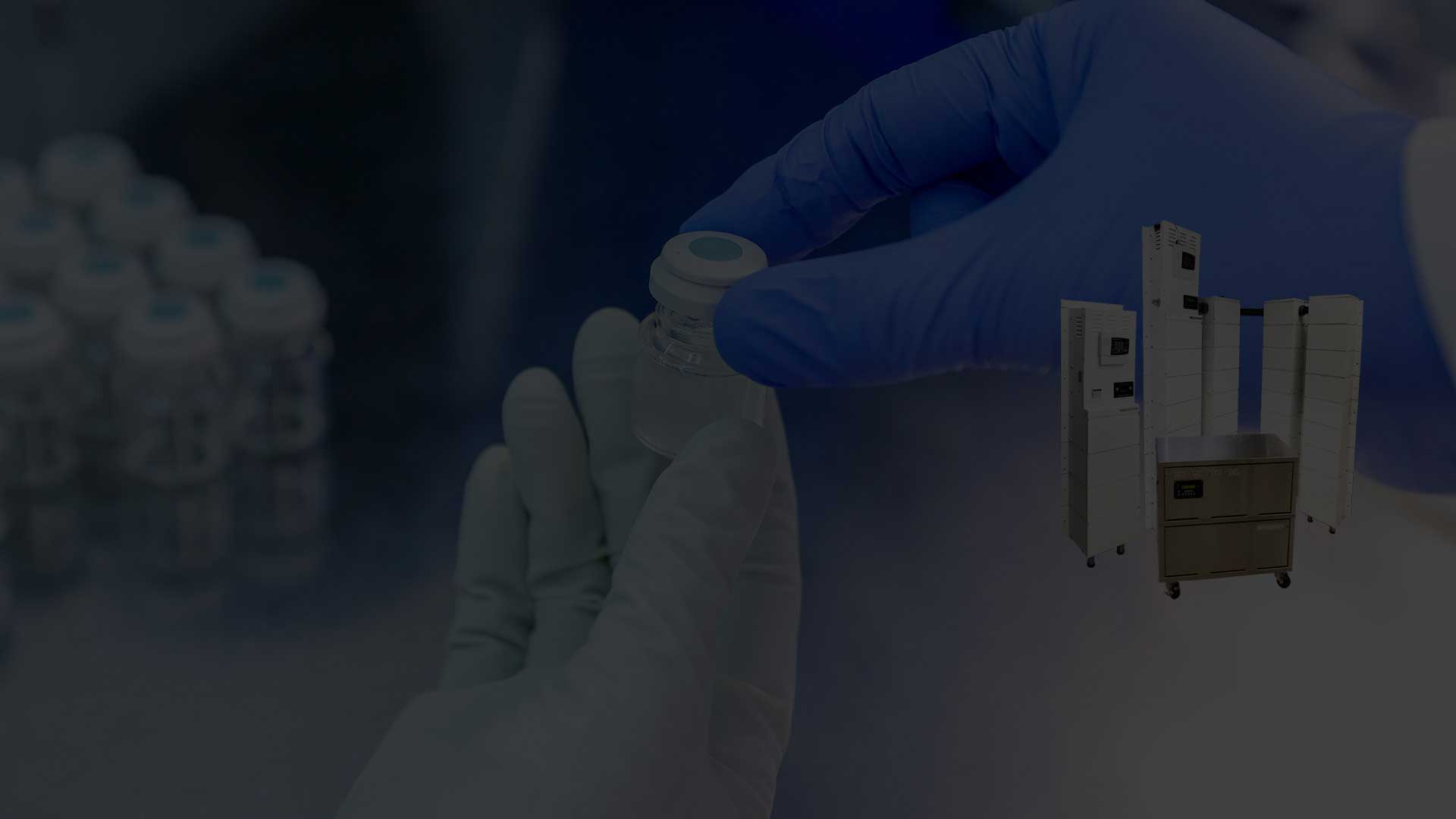What You Need to Know About Medical Lab Accreditation
When labs test specimens, they take them through multi-step processes vulnerable to contamination. These errors can introduce variables into tests and result in inaccurate data. Ultimately, these inaccurate test results can lead to wrong diagnoses and treatments. As a result, patients become exposed and healthcare facilities become open to legal action.
However, you can avoid this with clinical decisions based on quality data and provided through quality care.
Laboratory accreditation makes a more ethical approach much simpler. It's enforcement and promotion of quality laboratory testing reduces margins of error.
What is Laboratory Accreditation?
Laboratory accreditation is the industry-standard process of evaluating a laboratory's:
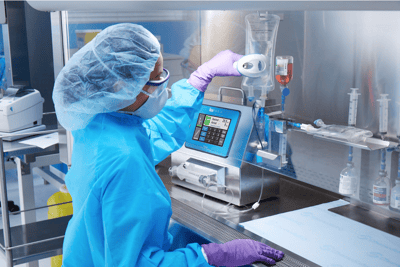
- Quality
- Performance
- Reliability
- and Efficiency.
Simply, it is a process that promotes and enforces proper testing to reduce errors. As a result, it elevates the credibility of services delivered by laboratories. It does this by providing recognition that a lab is compliant with a public set of recognized standards and competence.
Benefits of laboratory Accreditation
- Promotes better industry wide testing practices
- Allows laboratories to find areas of improvement and attention.
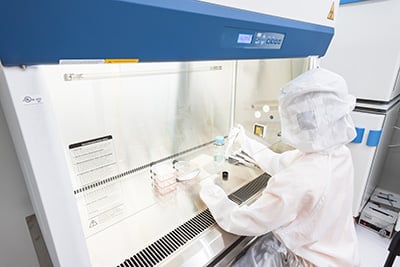
- It proves a laboratory’s commitment to quality.
- Gives laboratories incentives to continue increasing their performance levels to maintain accredited status.
- Provides laboratories with a framework for acquiring the resources they need.
- Helps laboratories to expand their customer base and business opportunities.
- Provides impartial assurance that a laboratory’s methods and results are trustworthy.
- Clarified/Codifies standards for laboratories working internationally. Eases potential import/export barriers.
What Are Medical/Laboratory Accreditation Bodies?
Accreditation bodies are organizations authorized to assess laboratories and certify their performance. This assessment is usually based on a list of pre-existing standards.
Among the most prominent are:
The ANSI National Accreditation Board (ANAB)
This board is a wholly owned subsidiary of the American National Standards Institute. They supply laboratory accreditation to ISO/IEC 17025 and several other standards in many industry-specific programs.
In short, their accreditation process is as follows:
- Laboratory requests a quote by filling out a contact form on their website
- Once the quote is reviewed, the laboratory sends an application form, which includes a draft or proposed scope of accreditation.
- A team of assessors performs a document review to find out the laboratory's readiness.
- The laboratory takes time to address all error observed during the assessment.
Finally, after issues are resolved, the laboratory receives a final scope of accreditation and a certificate.
College of American Pathologists (CAP)
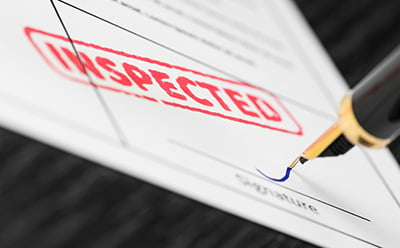
CAP has deeming authority, granted by Centers for Medicare and Medicaid Services (CMS). This authority allows laboratories to be inspected by CAP instead of CMS. Facilities and clinical laboratories with CAP certification can accept fund from Medicare and Medicaid.
Additionally, CAP has deemed status with:
- The Joint Commission
- United Network for Organ Sharing
- the National Marrow Donor Program
- the Foundation for the Accreditation of Cellular Therapies
- and other US Federal Agencies.
CAP has a unique model involving industry professionals certified through CAP's training program. As a result, they have discipline-specific checklists that facilitate easy compliance.
A CAP accreditation supplies the following benefits for laboratories:
- Maintaining accuracy in test results and patient diagnoses
- Meeting CLIA, FDA, and OSHA standards. CAP accreditation requirements often exceed the standards of the agencies
- Keeping up with the rapidly evolving changes in lab medicine and technology
CAP uses its accreditation checklists to supply on-site inspections every two years.
To be eligible for this accreditation, you must complete specimen testing using methods appropriate to the scope of your work. Also, where required by law, your facility must be licensed in all regards.
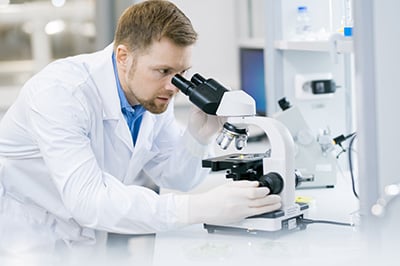
International laboratories seeking accreditation must enroll in External Quality Assessment or Proficiency Testing six months before requesting an application.
Illinois Environmental Protection Agency’s Environmental Laboratory Accreditation Program (IL ELAP)
IL ELAP sets standards for labs analyzing drinking water, wastewater, and hazardous waste. Laboratories take part in IL ELAP voluntarily except for those giving compliance data to the Illinois EPA.
IL ELAP can supply either primary or secondary national environmental laboratory program (NELAP) accreditation. Though, primary is only available to laboratories in the State of Illinois.
Out-of-state laboratories can get their primary NELAP accreditation through IL ELAP. But this is only if they are none with a primary NELAP accrediting authority located in a state.
Ensure Accreditation Status With a Backup Power Source
For end users of laboratory equipment the most likely scenario for them to experience a loss of inventory or samples is because their appliances have stopped working.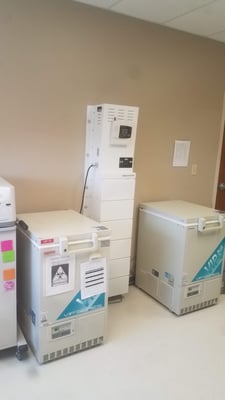
In addition, many laboratories, especially clinical laboratories dedicated to working the healthcare sector follow the standards set forth by NFPA99. This standard outlines the need for Essential Electrical Systems (EES) in these laboratories which need to operate in a manner which protect the health and safety of patients—and has no provision for allowable "downtime". This means speed and reliability are the name of the game.
Luckily, battery backup systems offer instant and automatic power for medical appliances as soon as the power goes out. As a result, no staff needs to be on-site to keep track of or start the generator and samples will continue to remain safe—with no extra work required.
Additionally, their vertical, cabinet-like design and leak-proof batteries mean they can be installed in even the tightest spaces and oriented in anyway to make them fit. Plus, if your medication or sample room is truly tight on space, a hardwired backup power unit can instantly supply remote power to your appliance—directly via the outlet its already plugged into. Add in their built-in transfer switches and you have a compact and powerful solution.
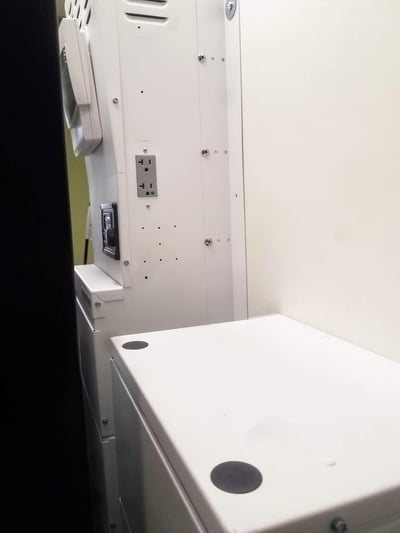
Regardless of what kind of system is the best fit, they ensure that your entire stock of vaccines are protected from a sudden loss of power by guaranteeing a seamless transition from utility power to battery backup power.
Even better, is that battery generators can be outfitted with as much power as you want. So, our uninterruptible power supplies can be designed with enough power to protect a facility’s inventory:
- Overnight
- All day
- Over a weekend
- Or even for a whole week.
So, to protect your facility from tens of thousands of dollars in lost biomedical samples, speak to a Medi-Products battery backup expert.
They’ll help design you a system that both meets your power needs and will fit inside your facility—for a much lower cost than what your vaccines are worth. So a backup power system pays for itself the first time your power goes out.
Designing a custom system is as easy as taking a picture of your appliance’s nameplate, and a photo of the room where it’s in.
Then, you just email both photos to our Product experts, and we’ll provide you with multiple options for backup power protection.
For more information contact: 1.800.7653237
